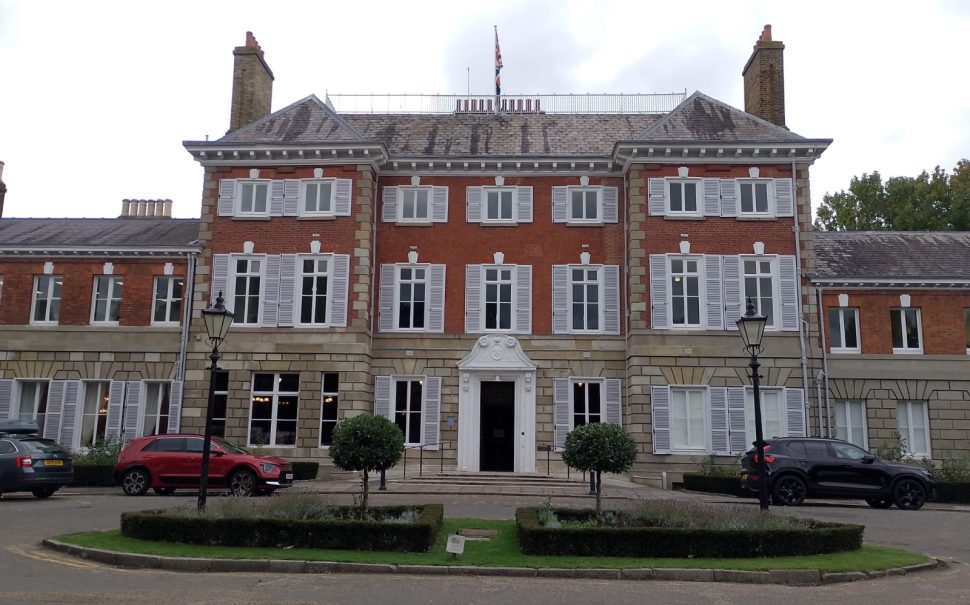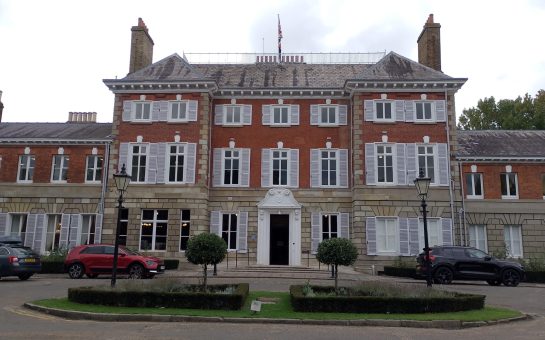Spiralling social care costs and an anticipated reduction in government support have left Richmond Council facing a potential crisis.
Annual expenditure on adult social services, health, and housing has increased by almost £13million, to £64.4million, since 2019 – though councillors expect the government grants underpinning it to be withdrawn over the next three years.
Last year, the Liberal Democrat-controlled council received more than £30million in grants towards its wider social care programme – which ranks as one of the best in London – but much of this funding will likely be lost under the government’s Fairer Funding Review, set to begin in 2026.
Lib Dem councillor Piers Allen, chair of the adult social services, health, and housing services committee, told The Londoners: “Our government funding is set to indicate a loss of £45million over the three-year term.
“That would mean we’re the worst-hit borough in London by proportion of our budget, and one of the worst-hit in the country.”
Under the review, local authorities are assessed based on ‘the strength of their taxbase and their measure of relative need’.
The taxbase of an authority is in turn based upon factors such as historical house prices and land values, with little weight given to how councils are run.
Though the population of people aged 75 or older in Richmond has increased by more than 20% since 2019, a large proportion of its residents pay for their own care, and the borough has some of the highest property values in the UK.
Cllr Allen said that Richmond Council is negotiating with the government to reduce the severity of potential cuts, but added it is also taking steps to make social care more efficient.
Through schemes like preventative healthcare initiatives, adoption of new technologies, and use of Richmond’s voluntary sector, he believes the council can provide the same level of care despite its financial challenges.
Carol Horne, Wellbeing Services Manager at Age UK Richmond, told The Londoners: “This borough’s got a really strong voluntary sector. I think every part is covered by a charity – and we work together.
“But dementia is increasing now as older people live longer. There’s definitely going to be a greater need for dementia care.”
Challenges in the social care sector are not confined to Richmond.
Boroughs across the UK are facing the strain of increased demand for social care services, with around one-third of local authority budgets typically being spent on social care.
The Chief Executive of Care England, Professor Martin Green OBE, said: “It’s actually very difficult for councils, because council budgets are squeezed and there’s a huge amount of extra need.
“We also have a staffing crisis in care. We’ve got 131,000 vacancies already and, in the future, we’ll probably need another 250,000 staff – but they’re not coming from anywhere.
“The current model is broken.”
Amidst nationwide staff shortages, the number of unpaid carers in the UK – primarily family members who look after a loved one – is believed to be around six million.
Of those carers, 1.7 million provide 50 or more hours of care per week, and nearly 600 people give up work to provide unpaid care each day.
Emily Holzhausen CBE, Director of Policy and Public Affairs at Carers UK, said: “Many unpaid carers are stretched to the limit – juggling care with work and family life, struggling to make ends meet, and often battling with poor health themselves.
“The Government should develop a clear plan for social care reform and provide long-term funding.”
In Richmond, where government funding is expected to fall considerably, members of the council have expressed concern over the impact of lost support.
Opposition Green Party councillor Richard Bennett, chair of the audit, standards, and statutory accounts committee on Richmond Council, said: “We’re going to have to borrow money and really eat into our reserves.
“It will probably affect the capital programme, in particular.
“For decades, central government has cut back on local government. It’s been a long time without social care being properly funded.
“We have a lot to do to face up to the issues – and we have to be honest and transparent when we’re doing it.”
Cllr Bennett added that, given the borough’s financial difficulties, he would expect council tax to be increased by the maximum possible amount each year for the foreseeable future.
However, while acknowledging the challenges ahead, Allen insisted that Richmond Council will continue to provide for its residents without shifting the financial burden entirely onto them.
He said: “We want to have high-quality services for those who need to draw on them, but we’re not going to let the government off the hook by saying, ‘well, we can just increase council tax’.
“We’re not going to let them get away with it.”
Featured Image Credit: Ajay Smith





